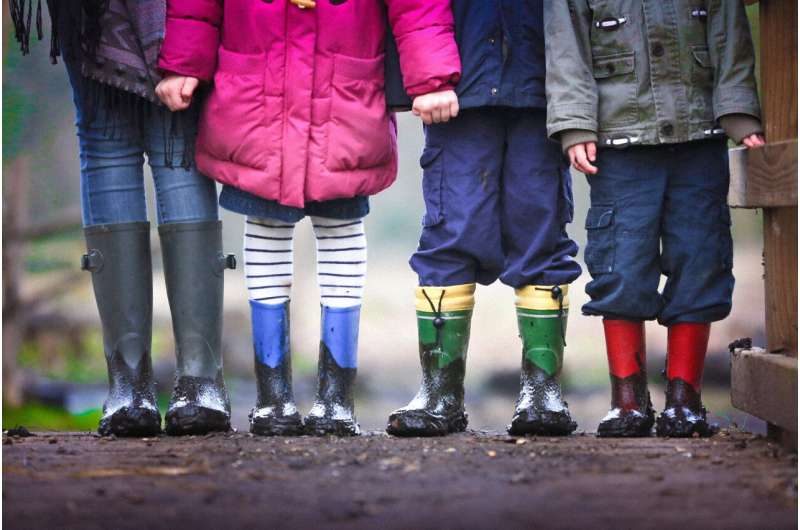
With the emergence of different SARS-CoV-2 variants of concern including the more transmissible Delta variant, children are more likely to become infected with COVID-19 than with previous variants. Although in most countries children are yet not vaccinated against COVID-19, many high-income countries including Australia have started vaccinating children aged 12 years and above. It is likely that by end of 2021 or early 2022, children as young as five years of age may be eligible for the COVID-19 vaccine.
Vaccinating children against COVID-19 will help protect against severe disease as well as help reduce community transmission. Children with chronic lung conditions are a priority group for vaccination against other respiratory infections including influenza and pneumococcal disease, as respiratory infections can be severe in these children and lead to exacerbation of underlying lung conditions.
A survey recently conducted by researchers from the Discipline of Pediatrics at UNSW Medicine & Health, of parents and carers with children that suffer from chronic lung conditions found that while there was consensus among them about the severity of COVID-19, more than 80 percent of the parents were willing to have their child vaccinated against COVID-19. However, safety and side effects of the vaccine were some of the major reasons reported for not wanting their child to be vaccinated against COVID-19.
More than 90 percent of the parents and carers said they would have their child vaccinated if recommended by the child’s pediatrician. Additionally, 80 percent of parents and carers said they would vaccinate their child if recommended by their GP. The preferred locations for vaccination were the GP clinics or the hospital.
Source: Read Full Article
